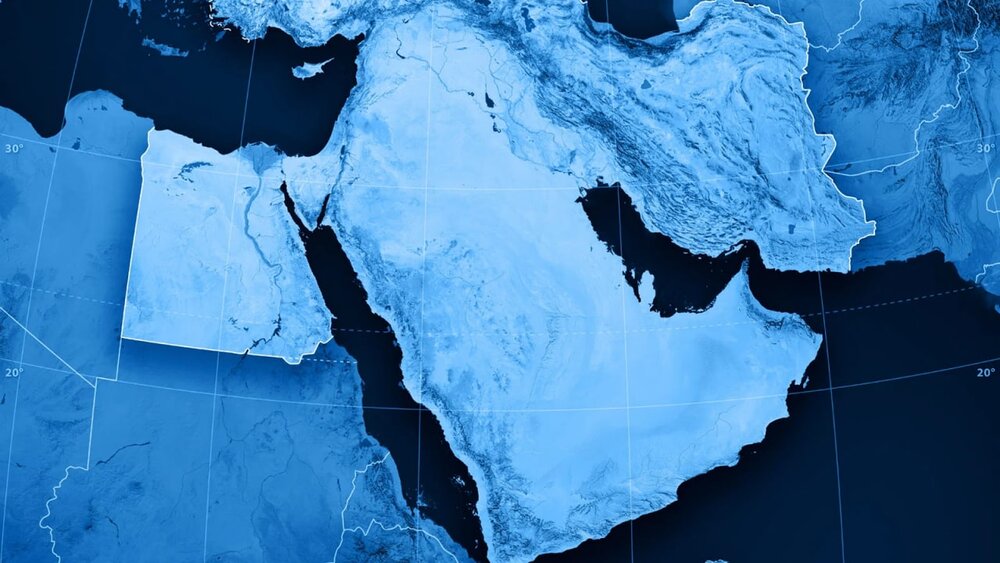U.S.-Led Regional Defense System Provokes Iran

TEHRAN – Iran has officially reacted to a U.S.-led plan to build a regional missile defense system that includes Israel and its onetime Arab foes.
The reaction came after a senior American official at the White House broached the notion of completing air defense systems of the region. John Kirby, the coordinator for strategic communications at the U.S. National Security Council, explicitly told reporters that the U.S. is in talks with countries in the West Asia region to integrate their air defenses.
“Bilaterally we're talking with nations across the region about air defense capabilities specifically and what we can do to assist with their defense and then, exploring the idea of being able to kind of integrate all those air defenses together,” he said.
This was the first official comment on the much-debated plan to foster defense relations between Israel and some Arab countries, especially those of the Persian Gulf. Ever since the White House announced the upcoming visit of U.S. President Joe Biden to the region, there has been a sea of speculations over a potential alliance against Iran taking shape in the region a la NATO. The remarks of Jordanian King Abdullah II in this regard further exacerbated these speculations, though Jordan retracted its position later.
President Biden’s visit will take place from July 13-16 but the region is already abuzz with rumors and speculation about its agenda.
According to a White House statement, Biden will discuss during his visit alleged “threats from Iran” and Israel’s “increasing integration into the greater region,” among other issues. In Saudi Arabia, Biden will participate in a Persian Gulf Cooperation Council summit that will also be attended by Egyptian President Abdel Fattah El Sisi, Jordanian King Abdullah II, and Iraqi Prime Minister Mustafa al-Kadhimi.
Western and Israeli media outlets have raised speculations about the U.S. plan to form a military alliance in the region. Kirby’s comments gave substance to these speculations.
That prompted Iran to dismiss the U.S. notion of a regionally integrated air defense system as provocative.
Iranian Foreign Ministry spokesman Nasser Kanaani said raising the issue of that system is provocative and the Islamic Republic considers the statement a threat to its national security and also regional security.
Kanaani made it clear that Iran perceives the U.S. plan as a threat to its security.
He said the fact that the U.S. raises and pursues such issues without correctly understanding the realities of the region and merely for the purpose of portraying Iran as a threat and sowing division in the region shows that what matters for Washington is its own illegitimate interests and putting the Zionist regime on life support.
The integrated system in question runs counter to the Iranian principle of opposing any foreign military presence in the region. Iran has long said it is against the idea of bringing in foreign powers to provide security to countries in the region. Instead, Iran has said it is in favor of an intra-regional security arrangement with the participation of all regional stakeholders. “Iran has always underlined the need for dialog and regional cooperation to ensure the security and mutual interests of regional countries without meddling by extra-regional states,” Kanaani said.
The regional defense system pursued by the U.S. is problematic in another way; it integrates Israel, Iran’s archfoe, into the region all while promoting Iranophobia. Kanaani pointed out that attempting to cause new security concerns in the region will only result in undermining the mutual security of the region and serving the security interests of the Zionist regime. He said one cannot create a margin of security for the Zionist regime through deception and promotion of Iranophobia.
